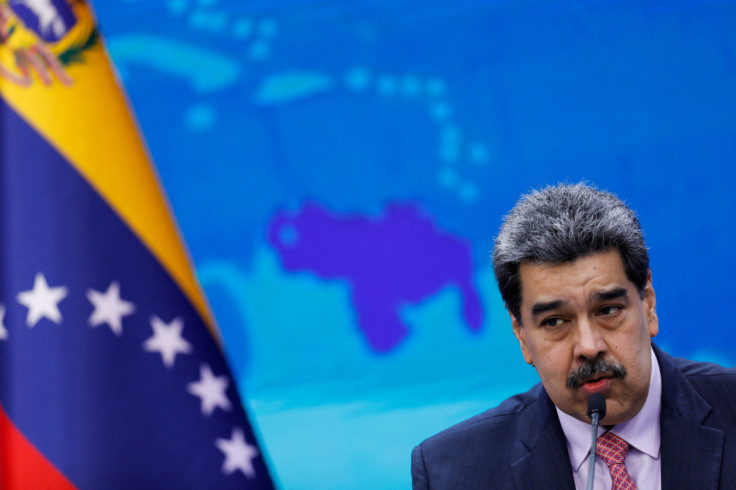
The regime of Nicolás Maduro accused several Latin American governments and former presidents tonight of orchestrating an "intervention operation" against Venezuela's presidential elections. This announcement comes as Venezuelans head to the polls to elect their president for the 2025-2031 term.
While ten candidates are listed on the ballot, the election is widely seen as a face-off between incumbent Nicolás Maduro, who represents the Chavismo movement that has dominated Venezuelan politics for the past 25 years, and Edmundo González Urrutia, the candidate of a coalition of opposition parties.
Maduro vs Latin America
In a strongly-worded statement released by Venezuelan Foreign Minister Yvan Gil on social media platform X, the Maduro government claimed, "The Bolivarian Republic of Venezuela denounces and alerts the world about an intervention operation against the electoral process, our right to self-determination, and the sovereignty of our Homeland by a group of governments and foreign powers." The statement specifically named Argentina, Costa Rica, Ecuador, Guatemala, Panama, Paraguay, Peru, Uruguay, and the Dominican Republic as part of this alleged operation.
Comunicado Conjunto sobre las elecciones en Venezuela
— Cancillería Argentina 🇦🇷 (@CancilleriaARG) July 29, 2024
Los cancilleres de los países Argentina, Costa Rica, Ecuador, Panamá, Paraguay, Perú, República Dominicana y Uruguay seguimos de cerca los acontecimientos en Venezuela y consideramos indispensable que se cuente con garantías… pic.twitter.com/4rlL5Xk6SZ
The Maduro administration's accusations followed a joint declaration by the aforementioned countries, which emphasized the importance of ensuring that the election results reflect the will of the Venezuelan people. The declaration called for a transparent vote count, allowing for verification and oversight by representatives of all candidates. The opposition coalition, led by González Urrutia, has echoed similar demands, stressing the need for fair and free elections to restore democracy in Venezuela.
Maduro's statement also accused a group of right-wing politicians, including Iván Duque, Mauricio Macri, Andrés Pastrana, Oscar Arias, Marco Rubio, and Rick Scott, of attempting to destabilize the electoral process. "These political mercenaries aim to distort the peaceful, civic expression of our people's right to choose," the statement read.
Venezuela's government has touted its electoral system as one of the most transparent and secure in the world. "The right to vote is exercised in Venezuela with absolute freedom and legality under the guidance of our laws and the control of the National Electoral Council, one of the five public powers of the State," the administration asserted. They highlighted the system's recognized transparency, security, and inviolability, which ensures the principle of one person, one vote.
Maduro's government also took the opportunity to criticize the international recognition of opposition leader Juan Guaidó in 2019, referring to it as an attempt to impose a puppet leader. "The same forces that recognized a puppet in 2019 are now trying to impose him again in 2024," the statement claimed.
#Comunicado 📢 Venezuela denuncia y alerta al mundo acerca de una operación de intervención en contra del proceso electoral, nuestro derecho a la libre autodeterminación y la soberanía de nuestra Patria, de parte de un grupo de Gobiernos y poderes extranjeros. pic.twitter.com/Q0hD84h3UY
— Yvan Gil (@yvangil) July 29, 2024
Despite these accusations, the Venezuelan opposition remained hopeful. Edmundo González Urrutia has called for calm and vigilance among his supporters, urging them to participate in the electoral process and ensure their votes are counted. "We must stand firm and united to reclaim our democracy and build a better future for Venezuela," González Urrutia said in a recent campaign rally.
Today's election is crucial for Venezuela, a country that has been mired in economic crisis and political turmoil for years. The outcome will determine whether Maduro's Chavismo movement continues its quarter-century dominance or if the opposition can finally gain a foothold to initiate significant changes. International observers and Venezuelans alike are watching closely, hoping for a peaceful and transparent election that truly reflects the will of the people.
© 2024 Latin Times. All rights reserved. Do not reproduce without permission.







